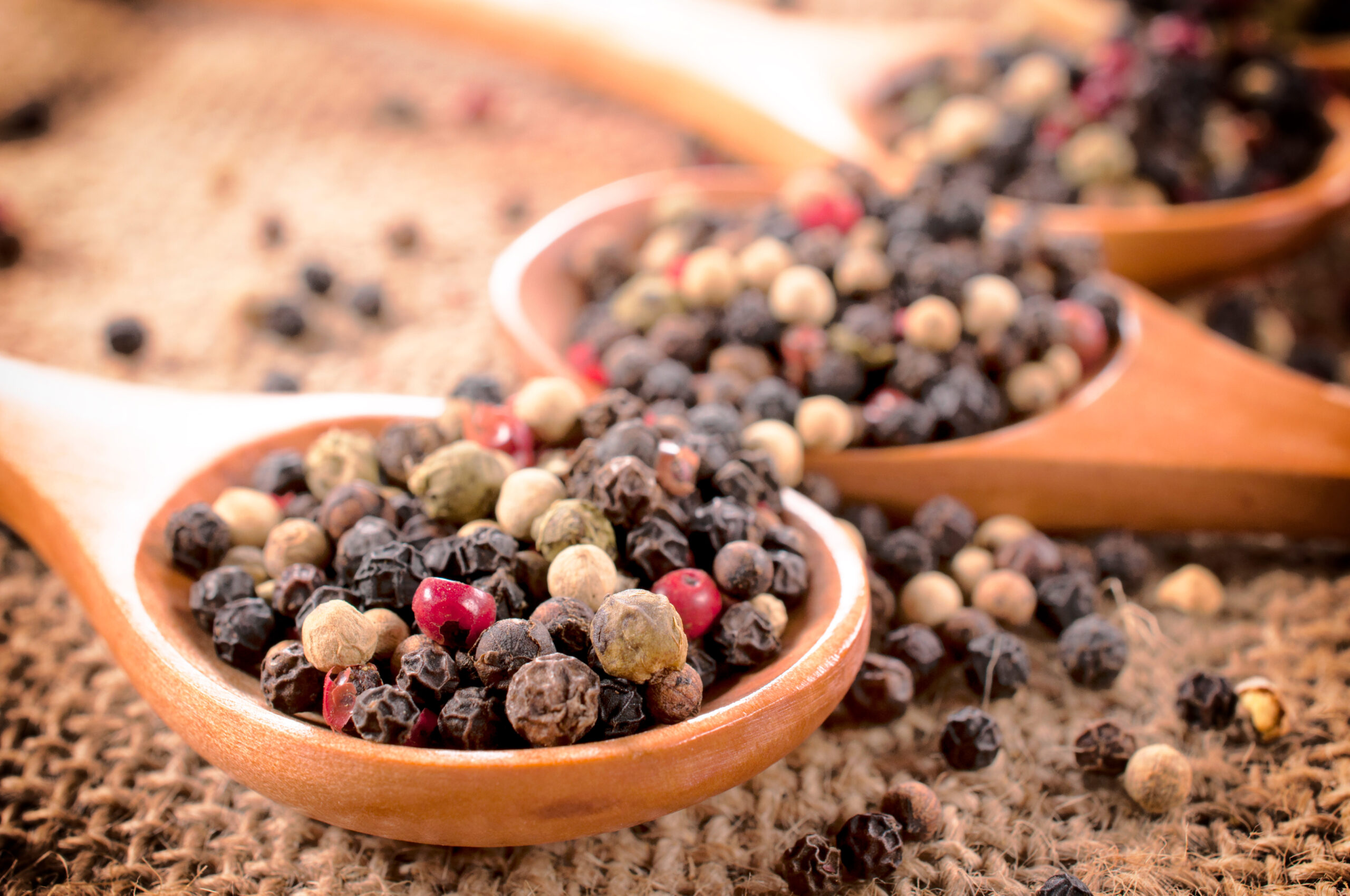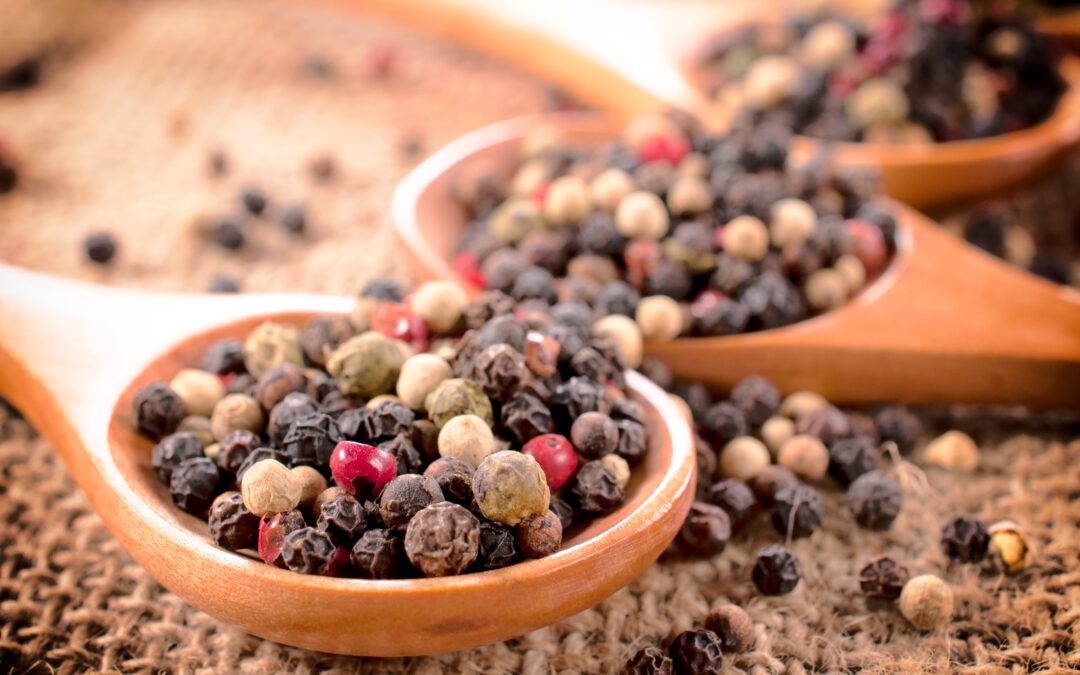Welcome to the world of organic gardening! Whether you’re a beginner or an experienced gardener looking to switch to organic methods, this guide will provide everything you need to know to get started.
Organic gardening is a method of growing plants without using synthetic fertilizers and pesticides. Instead, it relies on natural practices such as composting, crop rotation, and companion planting to maintain soil health and keep pests away. By choosing organic gardening, you are not only reducing your environmental impact but also providing yourself with fresh, nutritious produce that is free from chemicals.
Benefits of Going Organic:
1. Better Taste – Organically grown fruits and vegetables have been found to have better taste and texture than conventionally grown ones.
2. More Nutrients – Studies show that organic food contains higher levels of vitamins, minerals, and antioxidants compared to non-organic food.
3. Reduced Pesticide Exposure – Conventional farming uses large amounts of pesticides which can be harmful to humans, animals, and the environment. Choosing organic means reduced exposure to these chemicals.
4. Improved Soil Quality – Organic gardening focuses on building healthy soil through composting and other natural techniques, resulting in improved soil quality over time.
Choosing the Right Plants and Seeds:
When selecting plants and seeds for your organic garden, look for heirloom varieties or open-pollinated seeds. These types of seeds are more likely to be adaptable to your region and climate, making them easier to grow. Additionally, choose plants that are well-suited to your area’s growing season and weather conditions.

Preparing Your Soil for Planting:
The key to successful organic gardening lies in the health of your soil. To prepare your soil for planting, start by removing any weeds or debris from the area. Next, add a layer of compost or manure to the soil to improve its nutrient content. You can also use cover crops like clover or rye to help prevent erosion and boost soil fertility.
How to Water Your Garden:
Watering your garden is essential for keeping your plants healthy and thriving. However, it’s important to avoid overwatering, which can lead to root rot and other problems. A good rule of thumb is to water deeply once a week, allowing the soil to absorb the moisture before applying additional water. You can also use a drip irrigation system to ensure even distribution of water.
Pest Control in an Organic Garden:
In an organic garden, pest control involves using natural methods to repel or eliminate unwanted critters. One effective technique is to attract beneficial insects like ladybugs and lacewings, which feed on common garden pests like aphids and mites. Another approach is to use natural remedies like neem oil or garlic spray to ward off pests.
Harvesting Your Crops:
Once your plants have matured, it’s time to harvest your crops. Depending on the type of plant, you may want to pick fruit or veggies when they are ripe or slightly underripe. Always handle your produce gently to minimize bruising or damage.
Maintaining Your Garden Throughout the Year:
Even after your initial planting, there are still steps you can take to maintain your organic garden throughout the year. Regularly check for signs of disease or pests and address any issues promptly. Also, continue to add compost and other amendments to your soil to improve its health and fertility. Finally, consider planting cover crops during fallow periods to help protect and nourish your soil.
By following these tips and techniques, you can create a beautiful and bountiful organic garden that provides fresh, healthy produce while promoting sustainability and environmental responsibility. Happy gardening!





